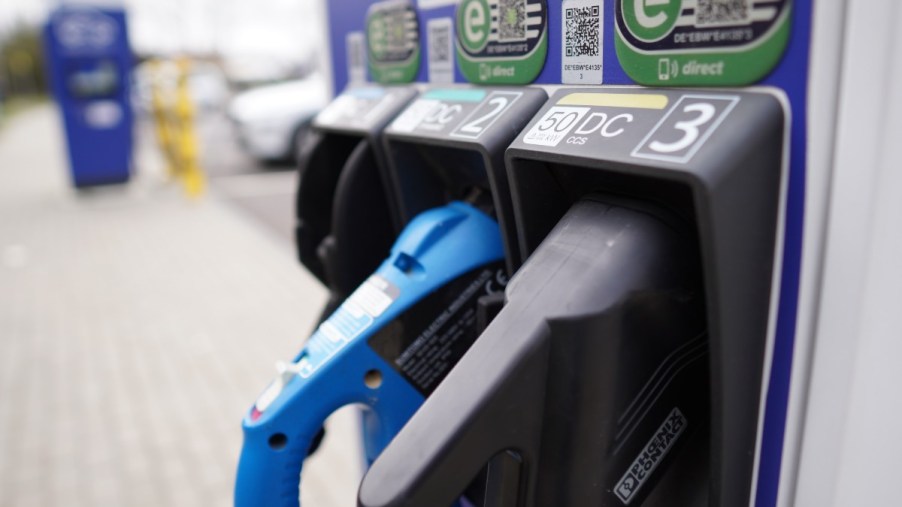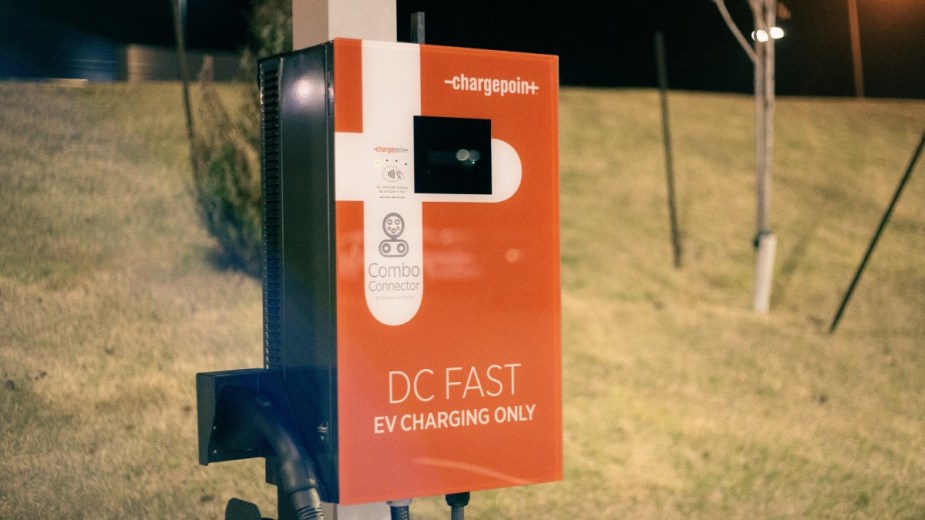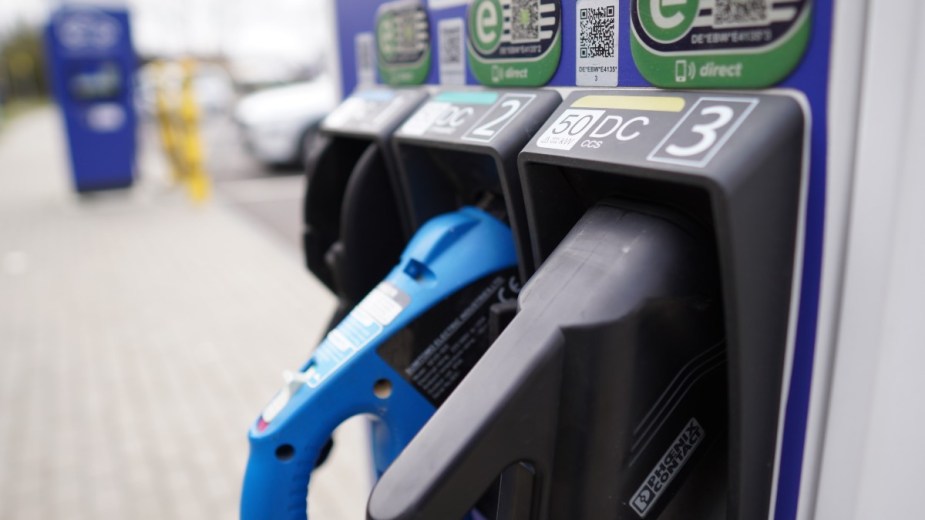
Biden Administration Backing New Standards For EV Chargers With Proposed Rule Change
The network of electric vehicle charging stations is, in many ways, still the wild west. There are many different providers, and depending on your EV, you may only be able to use specific chargers. Because of this, there is still some hesitancy for shoppers to go full into electric vehicles. Even with many automakers committing to shifting their production to EVs, the network of charging stations is lagging. To combat this, the Biden administration proposes rules around the minimum standards and requirements for EV charging stations.
What are these rules going to do?
Right now, EV drivers are subjected to some difficulties when it comes to charging their cars. Sure, there are most likely some charging stations around their home, but those stations are not a part of one network. In many cases, drivers rely on a huge network of charging stations from different providers and apps. Additionally, there is no standardization regarding pricing and even membership systems. All of this can make finding a charging station much more confusing.
The Biden administration also demonstrates its commitment to electric vehicles with the proposed new rules and standards. The rules revolve around creating a network of federally-funded charging stations. Not only will they be federally funded, but they should follow a similar payment structure, have more consistent charging speeds, and have more unified pricing. This proposal will ensure EV drivers can take advantage of the higher ranges available on the newest EVs.
What will make this advancement possible?

Powering this big update will be a $1 trillion investment into the infrastructure. This investment includes $7.5 billion to create 500,000 EV charging stations by 2030. Furthermore, there is $65 billion aimed at upgrades to the electric grid. Additionally, in that initial $7.5 billion, there is $5 billion earmarked for states to build out a network of charging stations, and $2.5 billion will go toward local grants for EV charging for rural and in-need communities.
What specifics are in the proposed plan?

In addition to a tremendous amount of funding, this proposed rule change will have some unique requirements. First, the plan calls for EV charging stations to be built every 50 miles along highways. Additionally, the stations can be no more than 1 mile from the highway. This plan will focus intensely on the vast interstate highways and areas to service alternative fueling options. Finally, there is a requirement for these stations to have at least four 150-kW DC fast-charging ports with the ability to charge four EVs at once.
In addition to building a more reliable network of chargers, there are guidelines to ensure that these charging stations are accessible to all drivers. For example, the charging station needs to transmit real-time information on the location, availability of charging ports, pricing, and applicable compliance to the Americans with Disabilities Act (ADA). Furthermore, as a part of this law, the charging stations must utilize the same software for every shopper’s convenience. Finally, the chargers must use the Combined Charging System’s standard charging port. This charging port can work with most electric vehicles from Ford, GM, and many more automakers.
It is also essential to understand that, according to Insider, Tesla would not have the opportunity to utilize this funding because of their proprietary plugs.
A connected network of charging stations can make EVs a great choice
As many automakers are looking to shift to electric vehicles, drivers must have plenty of different options for charging their EVs. Right now, if you aren’t fortunate enough to have charging capabilities at your home, it can be tough to find a place to charge your car. According to Automotive News, the Biden administration aims to make half of all new car sales EV, and with an upgraded charging network, that could be possible.


